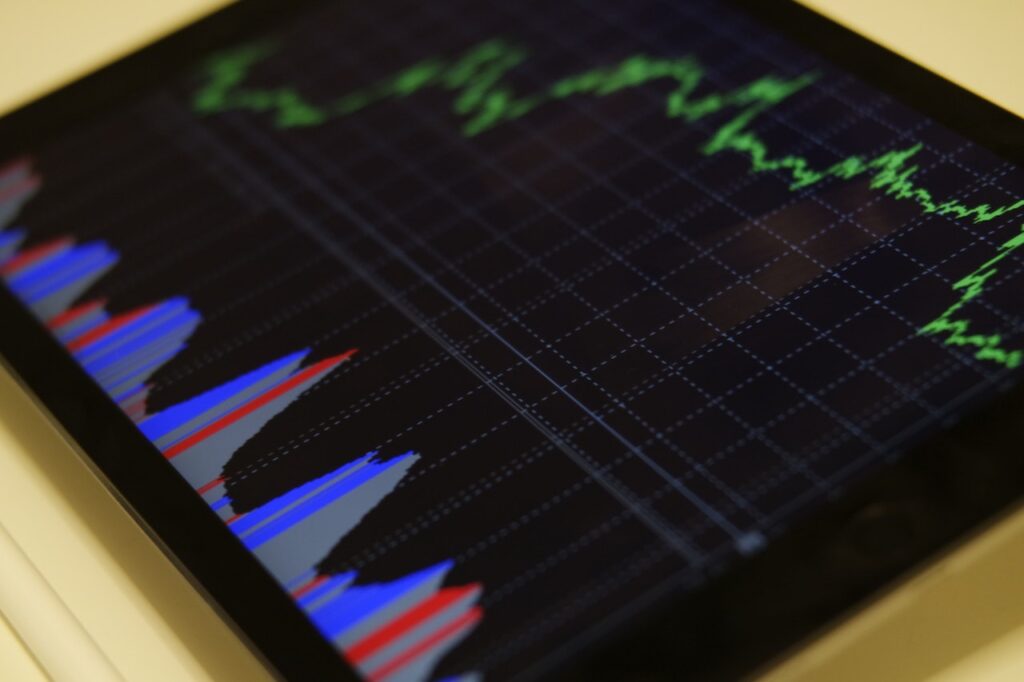Forex trading, also known as foreign exchange trading, offers a dynamic and potentially lucrative opportunity for individuals to participate in the global financial markets. However, navigating the complexities of forex trading as a beginner can be daunting without the right strategies and knowledge in place. In this comprehensive guide, we will explore the top forex trading strategies tailored for beginners. From understanding the fundamentals of forex trading to developing a solid trading plan, mastering essential analysis techniques, and incorporating risk management practices, this article aims to equip novice traders with the foundational tools and insights needed to embark on their forex trading journey with confidence.
Understanding the Basics of Forex Trading
What is Forex Trading?
Forex trading, short for foreign exchange trading, involves the buying and selling of currencies on the foreign exchange market. It’s a decentralized global marketplace where the world’s currencies trade. Essentially, you’re betting on the future value of one currency against another.
Major Currency Pairs and Market Sessions
In forex trading, currencies are traded in pairs, with the most commonly traded pairs known as the major currency pairs. These include pairs like EUR/USD, USD/JPY, and GBP/USD. The forex market operates 24 hours a day, five days a week, with different trading sessions overlapping to provide ample trading opportunities.
—
Developing a Solid Trading Plan
Setting Clear Goals and Objectives
Before diving into forex trading, it’s crucial to define your goals and objectives. Are you looking to make a full-time income or just supplement your current earnings? Setting clear goals will help you stay focused and measure your progress.
Creating a Trading Strategy
A trading strategy outlines your approach to trading, including entry and exit points, risk management rules, and how you will analyze the market. Your strategy should align with your goals and risk tolerance, providing a structured framework for your trades.
—
Fundamental Analysis Techniques for Beginners
Economic Indicators and News Events
Fundamental analysis involves examining economic indicators and news events to assess a country’s economic health and currency value. Key indicators include GDP growth, employment data, and inflation rates, all of which can impact currency prices.
Interpreting Central Bank Policies
Central banks play a crucial role in forex markets by setting interest rates and implementing monetary policies. Understanding how central bank decisions influence currency values can help you anticipate market movements and make informed trading decisions.
—
Technical Analysis Tools and Strategies
Overview of Technical Analysis
Technical analysis involves studying historical price data and using various tools and indicators to forecast future price movements. It focuses on chart patterns, trends, and market psychology to identify potential trading opportunities.
Common Technical Indicators and Patterns
Popular technical indicators and patterns include moving averages, Fibonacci retracements, and candlestick patterns. These tools can help you analyze price trends, identify support and resistance levels, and determine optimal entry and exit points for trades.# Top Forex Trading Strategies for Beginners
## Risk Management and Position Sizing
### Understanding Risk and Reward Ratio
When it comes to forex trading, knowing how to balance risk and reward is like trying to find the perfect ratio of milk to cereal in your breakfast bowl. Aim for a risk-reward ratio that makes sense for your trading style and financial goals. Too much risk can leave you with a sour taste in your mouth, while a well-balanced ratio can make your trading experience as satisfying as that first sip of coffee in the morning.
### Implementing Stop-Loss and Take-Profit Orders
Setting stop-loss and take-profit orders is like putting training wheels on your bike – they help you stay balanced and prevent you from falling too hard. These orders can protect you from significant losses and lock in profits, adding a layer of security to your trading journey.
## Practicing Discipline and Emotional Control
### The Psychology of Trading
Trading psychology is like riding a rollercoaster – it can be exhilarating, terrifying, and sometimes make you feel a little queasy. Understanding your own emotions and reactions to market movements is key to staying level-headed and making rational decisions.
### Tips for Managing Emotions During Trading
Just like keeping your cool during a heated argument, managing emotions while trading is crucial. Take deep breaths, go for a walk, or blast your favorite song – find what works for you to stay composed and focused when the market throws curveballs your way.
## Choosing the Right Broker and Platform
### Factors to Consider When Selecting a Broker
Picking the right broker is like finding a trustworthy mechanic for your car – you want someone reliable, transparent, and who won’t overcharge you. Consider factors like regulation, fees, customer support, and reputation when choosing a broker to partner with.
### Exploring Different Trading Platforms
Choosing a trading platform is like picking the perfect pair of sneakers – you want something comfortable, functional, and that suits your style. Test out different platforms to see which one offers the tools and features that align with your trading needs and preferences.
## Ongoing Education and Improvement in Forex Trading
### Utilizing Demo Accounts for Practice
Using a demo account is like practicing free throws before a big game – it helps hone your skills without risking real money. Take advantage of demo accounts to test strategies, learn how the market operates, and gain confidence in your trading abilities.
### Continuous Learning and Adaptation in the Forex Market
Staying stagnant in the forex market is like wearing bell-bottoms in a skinny jeans era – you’ll stick out for all the wrong reasons. Keep learning, stay informed about market trends, and be open to adapting your strategies to navigate the ever-changing landscape of forex trading.In conclusion, mastering the top forex trading strategies for beginners is a key step towards building a successful trading career in the foreign exchange market. By applying the principles of fundamental and technical analysis, practicing disciplined trading habits, and continuously educating oneself, novice traders can enhance their skills and improve their chances of success in this dynamic and fast-paced industry. With dedication, perseverance, and a commitment to learning, aspiring forex traders can navigate the complexities of the market and work towards achieving their financial goals.









Facebook Comments